ID translation services UK are crucial for individuals and organizations who require certified translations of identification documents like ID cards for legal or official purposes within the UK. These services ensure that all translated content adheres to stringent legal standards and is accompanied by a certification attesting to its accuracy and completeness. With a focus on both linguistic precision and legal terminology, these professional services are indispensable for anyone dealing with cross-border interactions or international education and business opportunities, particularly within the context of the European Union. They enable smooth processes for official use, from immigration applications to academic endeavors, by providing translations that are legally recognized and valid across different jurisdictions.
When legal matters span borders, the accuracy and authenticity of official documents such as ID cards become paramount. This article delves into the critical role of certified translations in the UK’s legal arena, guiding individuals through the necessary steps to ensure their identification remains valid across linguistic and jurisdictional boundaries. We explore the nuances of certified versus standard translations, the stringent legal requirements set forth in the UK, and how to select a trustworthy ID translation services UK provider. From the intricacies of the translation process to maintaining the integrity of original ID information, this comprehensive guide addresses it all, ensuring your translated documents are both precise and legally accepted. Understanding the importance of cultural sensitivity and data protection, we also highlight how technological advancements have revolutionised the field of ID translation services UK, providing clients with efficient, high-quality translations. Whether you’re navigating immigration, legal proceedings, or official registrations, this article equips you with the knowledge to handle your certified ID translations with confidence.
- Understanding the Necessity for Certified Translations of ID Cards in the UK
- The Role of ID Translation Services UK in Legal Contexts
- Types of Identification Documents Commonly Required for Translation
- Key Differences Between Standard and Certified Translations
- The Legal Requirements for Certified Translations in the UK
- How to Choose a Reliable ID Translation Services UK Provider
- The Translation Process: From Document Receipt to Final Approval
- Common Languages and IDs Translated for Use in the UK Legal System
- Steps to Obtain a Certified Translation of Your ID Card in the UK
- Case Studies: Real-Life Scenarios Where ID Translation Services UK Were Critical
Understanding the Necessity for Certified Translations of ID Cards in the UK
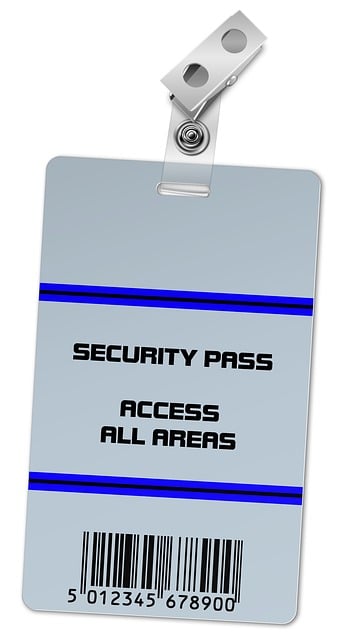
In the United Kingdom, individuals often find themselves in situations where official documentation, including ID cards, must be presented in English for legal and administrative purposes. This necessity arises from the UK’s diverse population and its engagement with international entities, where clear and accurate communication is paramount. Certified translations of ID cards by professional ID translation services UK are indispensable in such scenarios. These translations ensure that the information on an individual’s ID card, such as their name, date of birth, and other identifying details, is accurately conveyed and legally recognised. The certified status of these translations is crucial, as it verifies the translator’s competence and the translation’s authenticity. This certification typically comes from official bodies, like the Institute of Translation and Interpreting (ITI) or the Chartered Institute of Linguists (CIOL), or other accredited authorities. By providing a reliable and legally binding document, certified ID translations facilitate smoother interactions with government agencies, legal institutions, and other entities that require documentation in English. This not only streamlines administrative processes but also safeguards individuals against potential issues that could arise from miscommunication or non-recognition of foreign documents. Thus, the role of reputable ID translation services UK is integral in bridging language barriers and ensuring legal compliance for non-native speakers within the UK’s regulatory framework.
The Role of ID Translation Services UK in Legal Contexts
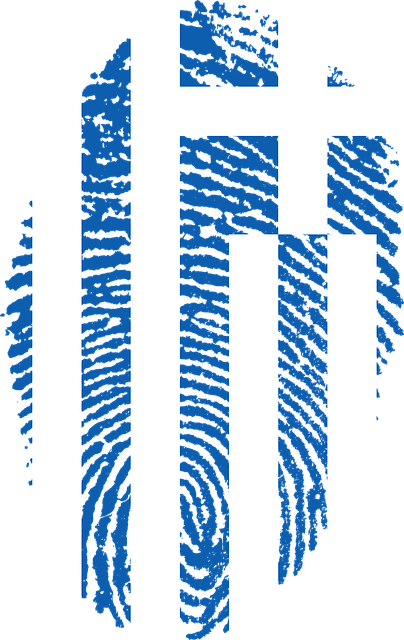
In legal contexts, the precision and authenticity of translated identity documents are paramount. The role of ID translation services UK is critical in facilitating cross-border legal processes, where official documents such as ID cards must be accurately translated to meet the requirements of different jurisdictions. These services ensure that translations adhere to stringent standards, often involving certification by a legally recognised translator or translation company. This certification attests to the truthfulness and completeness of the translation, making it legally equivalent to the original document. The UK’s translation services are well-versed in navigating the complexities of legal terminology and the specifications set forth by governmental bodies, legal institutions, and other official entities both within the UK and internationally. This expertise is indispensable for individuals and organisations alike who require verified translations of ID cards for visa applications, citizenship procedures, or other legal matters where identity verification is essential.
The importance of choosing a reputable ID translation service in the UK cannot be overstated, especially when dealing with sensitive legal matters. These services not only provide accurate translations but also guide clients through the necessary steps to ensure their translated ID cards are accepted and recognised by the intended authorities. With a comprehensive understanding of both UK and international legal requirements for document translation, these services streamline the process, save time, and reduce potential complications. The use of professional translators who specialise in legal language and the nuances of document certification ensures that all translated documents, including ID cards, are legally sound and can be relied upon in legal settings across different countries. This level of expertise is invaluable for maintaining the integrity of legal proceedings and for those relying on accurate translations of their identity documents within a legal context.
Types of Identification Documents Commonly Required for Translation
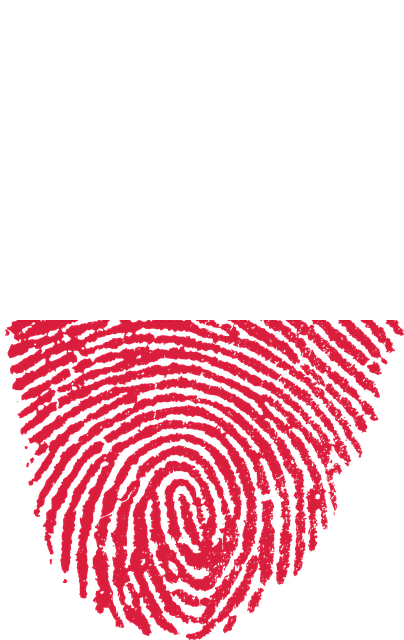
When individuals or organisations require certified translations, they often encounter a variety of identification documents that necessitate such services. In the UK, ID translation services are in high demand to accurately convert personal documents for legal purposes. Commonly, these include passports, which verify a person’s identity and nationality; driving licences, essential for road use; birth certificates, crucial for establishing citizenship or age; and marriage certificates, important for personal records and legal status changes. Additionally, UK residents may need to translate their National Insurance numbers, bank statements, utility bills, or mortgage agreements, which often form part of the due diligence process in financial transactions.
For non-UK documents, such as foreign ID cards or residence permits, translation becomes imperative for legal recognition and compliance within the UK’s regulatory framework. Professional ID translation services UK are adept at handling these translations, providing certified true copies that meet the stringent requirements of government bodies, legal institutions, and other official entities. These translations ensure that the content is not only accurately translated but also legally validated, which is essential for a wide array of applications, from visa processing to adhering to immigration laws.
Key Differences Between Standard and Certified Translations

When individuals or businesses require translations of identification documents such as ID cards for legal purposes within the UK, it’s imperative to distinguish between standard and certified translations. A standard translation is a general translation that may suffice for various purposes but lacks the formal certification needed for official use. On the other hand, a certified translation, provided by reputable ID translation services UK, includes a statement of accuracy signed and dated by a certified translator. This declaration attests to the truthfulness and exactness of the translated content. The key difference lies in the acceptance of these documents by government agencies and legal entities; certified translations are the only form accepted for official use, such as immigration, visa applications, and legal proceedings. These translations must adhere to specific standards set forth by regulatory bodies like the UK’s Professional Translators’ Association or relevant embassies and consulates. Utilizing ID translation services UK that offer certified translations ensures compliance with legal requirements and facilitates smoother interactions with authoritative bodies.
The Legal Requirements for Certified Translations in the UK

In the United Kingdom, the legal requirements for certified translations of identification documents such as ID cards are stringent and precise. When an individual requires a translation of their ID card for legal purposes—be it for immigration, employment, or official processes—it is imperative to engage with professional ID translation services UK that offer certified translations. These translations must accompany the original document or its official certified copy, ensuring that all text is accurately conveyed in the target language. The certification process involves a signed statement by the translator declaring that the translation is complete and accurate to the best of their knowledge and belief. This certification adds a layer of authenticity, making it acceptable for use in legal proceedings or as part of official documentation within the UK. It is crucial for individuals to verify that the translation service they choose complies with the UK’s legal standards for certified translations, which are stipulated by the relevant authorities such as the Home Office and other governmental bodies. Utilising ID translation services UK that adhere to these regulations is essential for the translation to be legally recognized and to avoid any complications or delays in official procedures.
How to Choose a Reliable ID Translation Services UK Provider
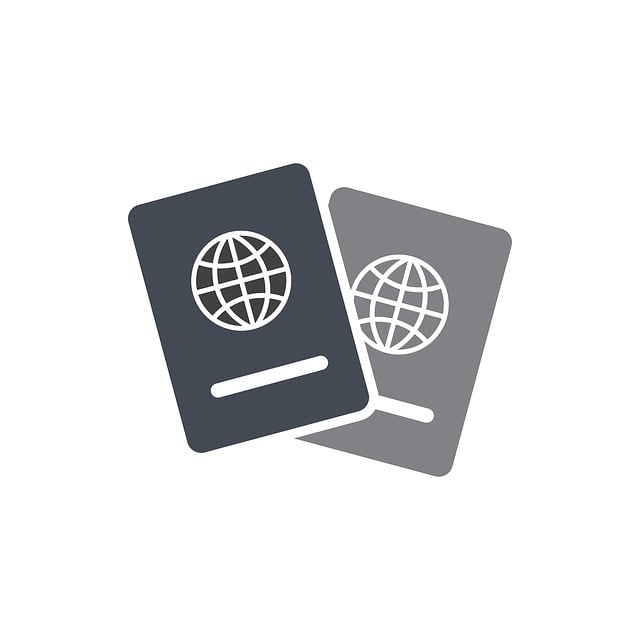
When seeking a reliable ID translation services UK provider for legal purposes, it’s crucial to conduct thorough research and consider several factors to ensure the translations meet stringent legal requirements. Begin by verifying that the translation service is certified by the appropriate authorities, such as the UK’s Chartered Institute of Linguists or Association of Translation Companies. This certification guarantees a high standard of linguistic proficiency and professionalism. Additionally, check if the translators are native speakers of the target language with specialized training in legal translation to accurately convey the meaning of ID card information. A provider that offers a clear, step-by-step process for their translation services, including how they handle sensitive data, is also indicative of their reliability. Ensure the service includes a certification of accuracy and adherence to UK legal standards upon completion. Moreover, read reviews and seek testimonials from previous clients who have used the service for similar legal documentation to ascertain the provider’s reputation for precision and trustworthiness. By carefully evaluating potential ID translation services UK providers based on these criteria, you can select a service that will reliably facilitate your legal processes with certified translations of your ID cards.
The Translation Process: From Document Receipt to Final Approval

When engaging with certified translations of ID cards for legal purposes within the UK, the translation process is meticulously structured to ensure accuracy and compliance with legal standards. The journey from document receipt to final approval begins with a thorough examination of the original ID card. This initial step is crucial as it sets the foundation for the subsequent translation efforts. Professional ID translation services UK are equipped with expert linguists who possess a deep understanding of both the source and target languages, as well as the legal terminologies inherent in ID documents.
Upon receiving the ID card, the translator carefully transcribes the content, maintaining the integrity of each entry. This includes all text, data, and symbols present on the original document. The translation is then subjected to a series of quality checks to validate its accuracy against the original. These checks are essential to ensure that the translated information accurately reflects the source material. Once the draft translation is verified for content, the translator then applies for certification from the relevant authorities. This certification process involves additional verification by authorised bodies, confirming that the translation meets all legal requirements set forth for official documents in the UK. The final certified translation of the ID card is then delivered to the client, ready for use in legal proceedings or official procedures, thereby completing the translation process from document receipt to final approval.
Common Languages and IDs Translated for Use in the UK Legal System

Within the UK legal system, the accuracy and authenticity of translated documents are paramount. As such, certified translations of identification documents like ID cards are frequently required to facilitate various legal processes. Common languages for which these translation services are in high demand include European languages such as French, German, Spanish, and Italian. These translations ensure that individuals from non-English speaking countries can effectively participate in UK legal proceedings, where official documents must be presented in both English and the original language. The UK’s diverse population and its role within the European Union (prior to Brexit) have necessitated a robust system for ID translation services UK. Professional translators who specialize in legal translation are meticulously trained to handle these critical tasks, providing certified translations that meet the stringent criteria set by UK legal entities and international bodies. These translations come with a statement of accuracy and a certification indicating that they are complete and correct, which is crucial for their acceptance in legal contexts.
Steps to Obtain a Certified Translation of Your ID Card in the UK

When the need arises to present your identity card in a legal or official context within the UK, obtaining a certified translation becomes imperative. The process for securing a certified translation of your ID card involves several precise steps to ensure the document’s authenticity and compliance with legal requirements. Firstly, select a reputable ID translation services UK provider that specialises in translating identity documents and is accredited by relevant authorities. This ensures that the translated document will be accepted by government bodies, legal entities, and other official institutions.
Upon choosing your service provider, you will need to provide a clear and legible copy of your original ID card. The translation agency will then undertake the translation process, employing professional translators with expertise in legal terminology. Once the translation is complete, it must be reviewed and signed by a certified translator or a legal professional authorised to certify documents in the UK. This certification verifies that the translation is accurate and complete. After certification, the translated ID card document should be stamped or sealed with an official stamp of the translation service, further authenticating its validity. Lastly, ensure you keep both the original and certified translated versions as they may be required for different purposes. Utilising professional ID translation services UK can streamline this process, offering peace of mind that your legal documents are accurately represented in the target language.
Case Studies: Real-Life Scenarios Where ID Translation Services UK Were Critical
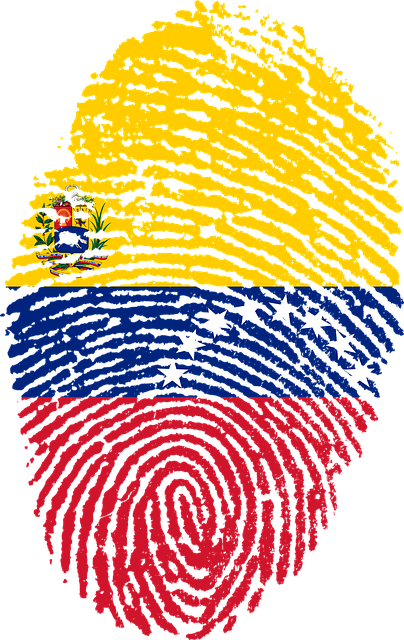
In the UK, the necessity for certified translations of ID cards has become increasingly apparent in various real-life scenarios. A case study that exemplifies this need is that of a British entrepreneur who sought to expand their business into Europe. The entrepreneur required a flawless German translation of their UK driver’s license and passport to comply with the EU’s legal framework. The precision and authenticity provided by professional ID translation services UK were paramount in enabling cross-border transactions and establishing credibility among European partners.
Another scenario involved an individual from Pakistan relocating to Scotland for study purposes. To enroll at the University of Edinburgh, official documentation, including their national identity card, needed to be translated into English. The translation had to be certified to meet the UK’s stringent legal requirements, which was expertly handled by a reputable ID translation services UK provider. This ensured the student’s academic journey proceeded without hindrance due to language barriers or documentation issues, highlighting the critical role these services play in facilitating international education and professional opportunities within the UK.
When engaging with legal processes within the UK, the authenticity and precision of translated identification documents are paramount. The necessity for certified translations of ID cards, as detailed in this article, underscores their critical role in legal settings, ensuring that individuals can effectively navigate administrative requirements without language barriers. As outlined, the ID translation services UK plays a pivotal part in this realm, offering expertise and compliance with stringent legal standards. Prospective clients seeking such services should consider factors such as professional accreditation, industry experience, and a track record of satisfactory client outcomes. By adhering to the prescribed process, which includes strict adherence to the law and meticulous attention to detail, these translators facilitate seamless integration of non-English documents into the UK’s legal framework. The case studies presented provide real-world evidence of how professional ID translation services UK have been instrumental in various scenarios, highlighting their indispensable nature in legal contexts. For those requiring such services, it is advisable to engage a provider that not only specialises in the most common languages and IDs relevant to the UK legal system but also maintains a commitment to quality and accuracy.
